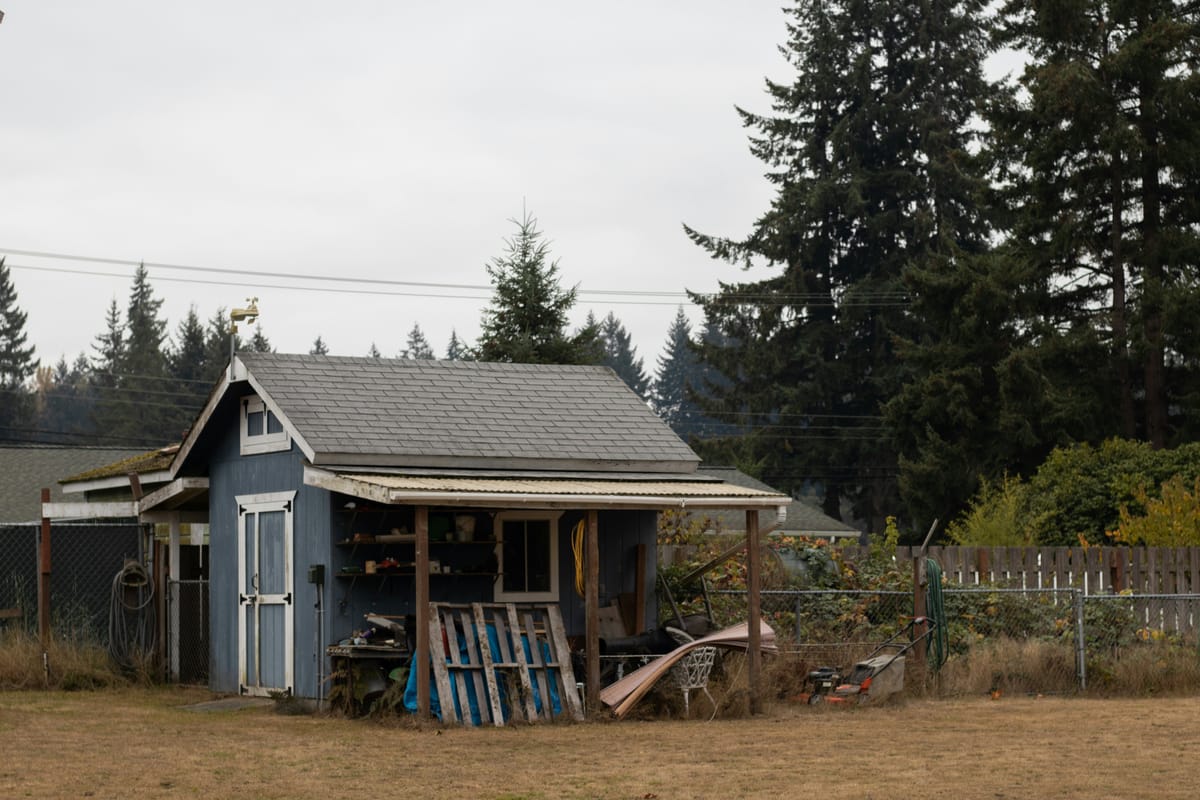A Lifeline Withdrawn: Trump’s Budget Targets Energy Aid for Eastern Washington’s Most Vulnerable

The Trump administration has proposed eliminating a federal program that has, for decades, helped Eastern Washington's poorest residents survive the region’s harshest seasons. The Low-Income Home Energy Assistance Program (LIHEAP), which subsidizes heating in winter and cooling in summer for thousands of veterans, elderly residents, and low-income families with children, is on the chopping block in the president’s fiscal year 2026 budget proposal.
The move is not symbolic. If enacted, the proposed cuts would mean the effective dismantling of Spokane County’s primary energy assistance system, run locally by Spokane Neighborhood Action Partners (SNAP). According to the most recent available data, SNAP utilized LIHEAP funding to help more than 17,000 residents pay utility bills, repair furnaces, and weatherize homes to reduce future energy burdens.
Trump’s proposal cites broader energy market goals to justify the cut; goals that are both unrelated to LIHEAP’s core purpose and, to date, unrealized. Chief among them are increased domestic energy production and reduced consumer costs.. The cut fails to account for the persistent reality of energy insecurity among Eastern Washington’s working poor and seniors, and the growing number of veterans and agricultural laborers whose income levels are dropping. The decision also rescinds a nearly $20 million EPA climate resilience grant awarded to Gonzaga University, which was set to support HVAC upgrades, wildfire-safe air filtration systems, and the construction of community cooling hubs in Spokane’s low-income neighborhoods.
This isn’t a question of philosophical disagreement about the scope of government. It’s a question of whether this government is willing to support the baseline conditions of health and safety for residents in a part of the country where temperatures routinely swing from subzero to triple digits, and where utility costs can absorb a disproportionate share of monthly income.
The Role of LIHEAP in Eastern Washington
LIHEAP is a federally funded program designed to assist low-income households in meeting their immediate home energy needs. In Washington State, more than 250,000 low-income households spend over 6% of their income on energy bills, a threshold indicating a high energy burden. On average, these households face an annual excess energy cost of $844, adding up to a statewide burden of $234 million even after assistance programs.
SNAP, the local administrator in Spokane County, plays a pivotal role by offering not only bill payment help, but also weatherization and energy efficiency services that reduce future reliance on aid.
Gonzaga University’s Climate Resilience Initiatives
In July 2024, Gonzaga University’s Institute for Climate, Water, and the Environment secured a $19.9 million Environmental Protection Agency grant, its largest federal award ever for the University. The funding was intended to retrofit 300 low-income homes with high-efficiency HVAC systems, establish five climate resilience hubs across Spokane, and launch job training programs in clean energy. The targeted beneficiaries were those most likely to experience climate-induced harm: low-income families, children, elderly residents, veterans and people with chronic health conditions.
The Implications of Federal Cuts
The proposed 2026 Trump budget eliminates LIHEAP and withdraws the EPA grant to Gonzaga. Administration officials suggest these programs are no longer needed, citing anticipated lower energy costs and overlapping state safeguards, which are not specified.
This rationale ignores Eastern Washington’s climatic reality and the region’s economic vulnerability. Without LIHEAP, residents may face unpayable winter bills or go without cooling in triple-digit summers. And the loss of Gonzaga’s grant means a halt to infrastructure projects designed precisely to offset those risks.
The Human Cost
These policy reversals are not abstractions. They translate into real consequences for real people: elderly residents forced to choose between medication and heating, farmworkers sleeping through smoky summers without air filtration, and children enduring Spokane heatwaves in trailer homes with no cooling.
Yet from Eastern Washington’s congressional delegation, there has been no public defense of LIHEAP.
Rep. Michael Baumgartner has not commented on the proposed cuts, nor has he advocated for the restoration of the rescinded EPA grant to Gonzaga, one of his district’s flagship institutions. In this case, silence is not neutral. Inaction carries consequences just as real as any vote.
What Comes Next
Programs like LIHEAP don’t disappear because of lack of need. They disappear when elected officials choose not to defend them. In Eastern Washington, that defense has been conspicuously absent from the voices who claim to have the president’s ear.
Here’s what readers can do:
- Contact Rep. Michael Baumgartner to demand he takes a vocal stance in Congress to oppose the LIHEAP cuts.
- Urge U.S. Senators and Appropriations Committee members to protect LIHEAP funding.
LOCAL SUPPORT
- Support local institutions like SNAP that continue to serve vulnerable populations.
- Vote in 2026 for leadership that treats energy security not as a luxury, but as a public good.